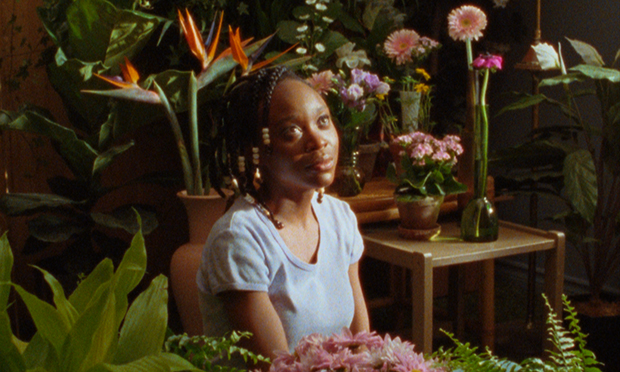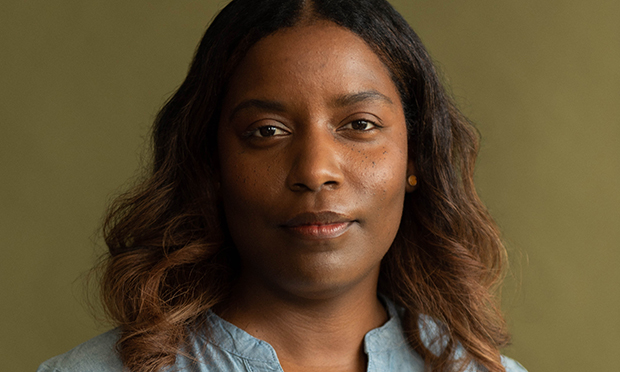Cette Maison, film review: ‘Tragic tale full of heart and beauty’

A still from Cette Maison. Image: Cette Maison / Miryam Charles
An image that stays with you from Cette Maison is a mother and a daughter staring at a stretched canvas of a tropical island scene, birds and the sounds of the sea swelling in the background.
Two people watching a screen as we sit in the Brixton Ritzy watching them on another, larger one. Magic. Realism. That’s the core of Cette Maison.
Film charities Birds Eye View, Reclaim The Frame and T A P E all focus in varying ways on curating, screening, and supporting the work of women, diasporic, queer, and non-binary filmmakers.
Together, they have pulled Canadian-Haitian director Miryam Charles’s tactile debut across the Atlantic.
The film is a dreamlike imagination exercise, blending the fuzzy, grainy beauty of 16mm with poetic ramblings written by Charles in French and Haitian creole.
It proves that still for us Brits, French is an inescapably spellbinding language. The words flow like a waterfall, pattering like droplets, washing us in meaning, perhaps at points a little swamped in pretension.
There is a creative ingenuity here that captivates.
The use of theatrical sets, deliberately designed to seem larger than life, introduces a nightmare quality. A garden blooming in a living room, the above-mentioned tropical scene, characters picked out by stark spotlights, a palette of sandy blues and rust oranges.
The cinematography is mainly interiors (considering the title) with close-ups, confined to the domestic, the world of tragedy and bereavement that shuns the light of day.

Director Miryam Charles. Image: Cette Maison / Miryam Charles
This unsettling sense of loss and grief hints at the film’s original aim. Started before the pandemic, Charles wanted to create a docudrama about the brutal unsolved murder of her 14-year-old cousin Tessa.
Due to the worries over safety during Covid, the project morphed into a wistful and experimental creature.
Cette Maison avoids all the distasteful glee of the true-crime genre with the soft touch of the director, actors, and creatives.
Flowers and ruined houses wreathed in plant life flash up between difficult scenes. Even when the family are in a morgue, we cut to silence transmuting the dull pain in a respectful way.
Charles explains that the film is a “love letter to my cousin and family”. By using actors she knew growing up in Montreal, such as Schelby Jean-Baptiste as Tessa and Florence Blain Mbaye, who she watched on stage, as her mother, the director created a supportive family without which there would be no film.
Jean-Baptiste and Blain Mbaye enthral, with a mother-daughter connection that radiates out into the world.
“Grief does strange things to memory,” says Charles, and the fragmented nature of the film explores that well.
The conversations about the Haitian diaspora and life as an immigrant in Quebec bring more complex cultural issues elegantly into this very human story.
To tell such a tragic tale with such heart and beauty is a testament to Charles’s vision and dedication.
Normally a short film creator, I hope she can be convinced to stay within the feature-length world.
Her debut unfurls delicate petals in hues of emotion with a stem of great bravery pushing it up into the sunshine.
